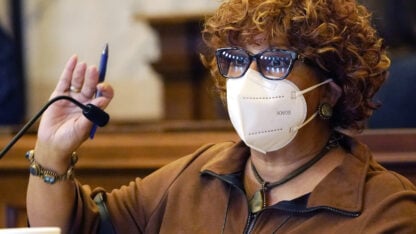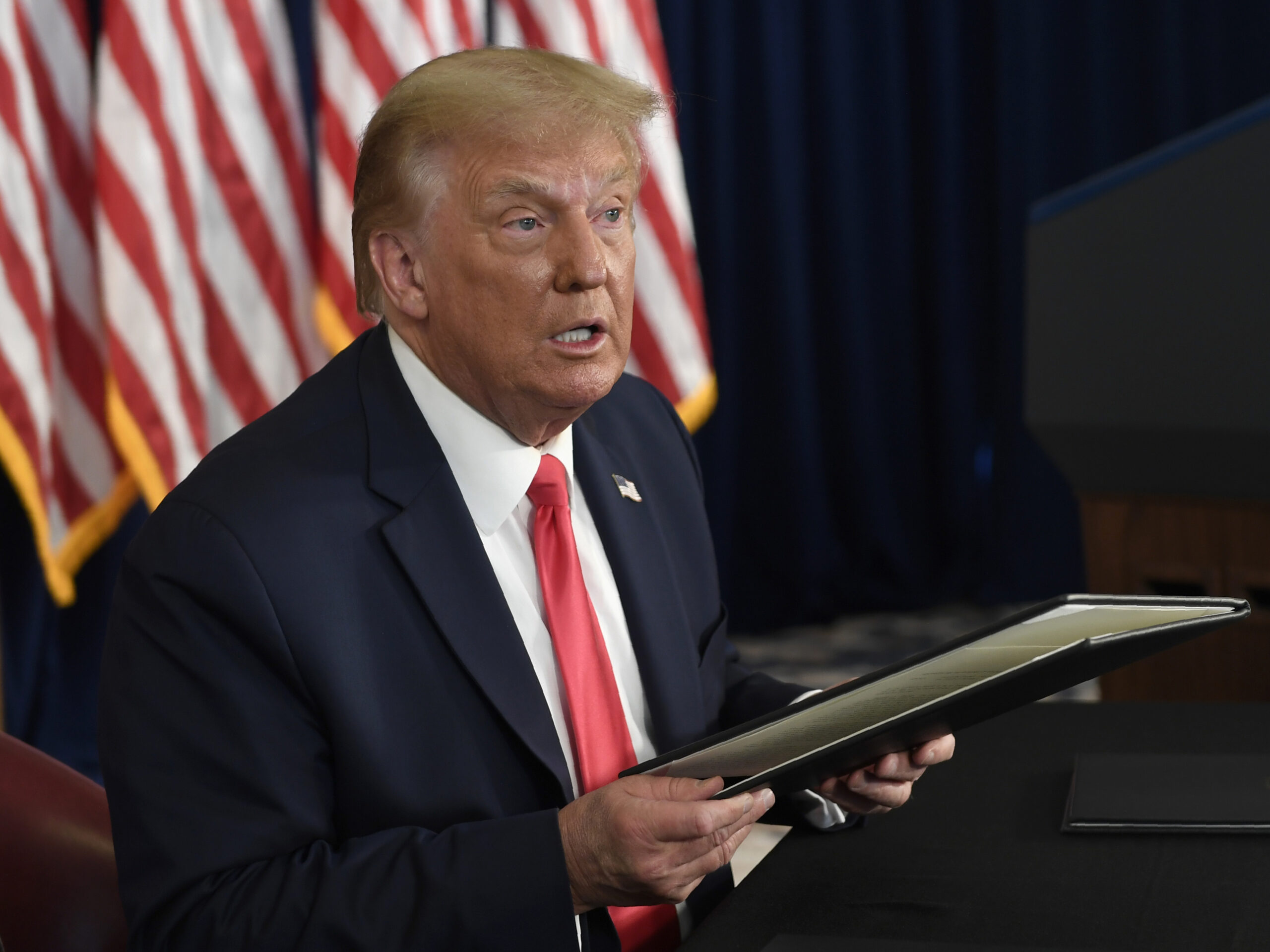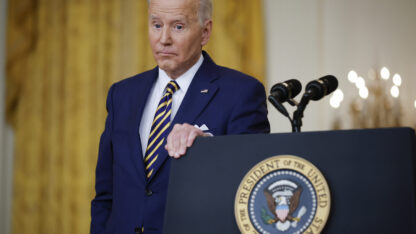Ga. Lawmakers Nix MARTA Expansion Deal On Session’s Last Day
Heading into the last day of this year’s legislative session, MARTA was hoping to secure new money to expand its rail network.
The Senate did its part earlier in the week, passing a bill that included a new long-term funding option. But the House didn’t follow suit, stripping the funding option from the bill on Thursday.
Senate Democrats who worked to strike the fragile deal with Republican leaders were clearly disappointed.
“It’s not acceptable. It’s not the deal we were offered,” Sen. Nan Orrock, D-Atlanta, said. “A lot of trust has been eroded in my opinion.”
Republican leaders in the Senate had agreed to allow voters to raise the MARTA sales tax from 1 percent to 1.5 percent, potentially generating $200 million a year. In exchange, Senate Democrats agreed to support a broader, $900 million transportation plan.
That surprise deal played out exactly as planned in the Senate on Tuesday. But Thursday, well after the transportation bill was finalized and sent to the governor’s desk, House leaders on both sides of the aisle took issue with the MARTA funding option. They worried it conflicted with the transportation bill.
“I think the half penny was a bridge too far,” said Rep. Mike Jacobs, the Republican chair of MARTA’s Legislative Oversight Committee. “There was not a logistical way to get it done and have everyone satisfied.”
Minority Leader Stacey Abrams, D-Atlanta, agreed, saying the MARTA proposal had “technical deficiencies.” She said it wasn’t clear whether the increase would violate a state cap on sales tax.
“We’re not convinced an attempt on the last night to fix the cap would work so the decision was made to at least make certain, as early as possible, to get what we could for MARTA,” Abrams said.
MARTA ended up with a bill lifting a long-standing spending restriction that requires the transit agency to spend half its money on operations and the other half on capital projects. Meanwhile, MARTA is also in the running for some of the $75 million in new bond money lawmakers earmarked for transit systems statewide.
9(MDAxODM0MDY4MDEyMTY4NDA3MzI3YjkzMw004))









